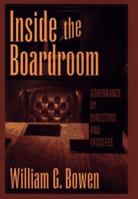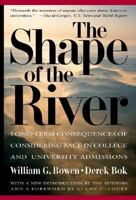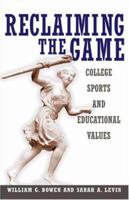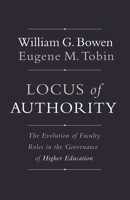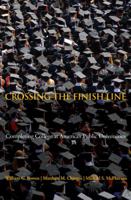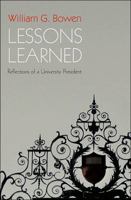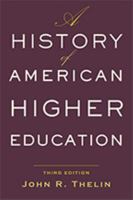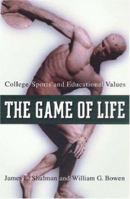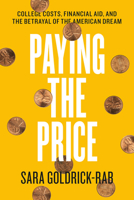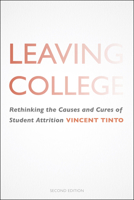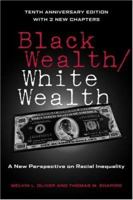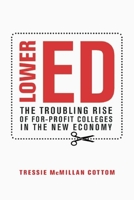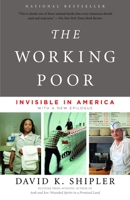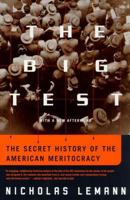Now the Drum of War: Walt Whitman and His Brothers in the Civil War
Select Format
Select Condition 
You Might Also Enjoy
Book Overview
Customer Reviews
Rated 5 starsThe Biography of A Family
"Future years will never know the seething hell and the black infernal background of countless minor scenes and interiors, (not the official surface courteousness of the Generals, not the few great battles) of the Secession war; and it is best they should not--the real war will never get in the books." - Walt Whitman, "Specimen Days" A bibliography of all the books written about the American Civil War since its opening shots...
0Report
Rated 5 starsA Fresh Look at Whitman
This is the best book written on the Civil War in a generation. The author has plumbed the sources (from the National Archives and elsewhere) and come back with a story like none other, a scrupulous history that reads with the vivid intensity of a major novel. The descriptions of actual battles, in which George Whitman, the poet Whitman's brother, fought, are alone worth the price of admission. Roper is interested...
0Report
Rated 5 starsAnother WW Bio?
Other reviewers have done an excellent job portraying the essence of Roper's new book, so I will keep my words to a minimum. The answer is "yes" - another biography, and yet, it's unlike any I have read thus far. It was refreshing to hear about the family relationships, especially about George and his military career, and the voluminous correspondence. The very thing that drew Walt south was, after all, George's wounding...
0Report
Rated 5 starsTaps
"When Lilacs Last in the Door-Yard Bloom'd" is a great American poem. This book gives the reader an understanding of how this eulogy to Abraham Lincoln came to be. The family of Walt Whitman was large, with talented members intermixed with sad cases. Here the author, Robert Roper, provides information on the family--with a focus on brothers Walt, the poet, and George, the soldier, and their mother--during the Civil War. ...
0Report
Rated 4 starsA valuable portrait of Walt Whitman as both Civil War bard and family man
Do our kids learn anything about Walt Whitman in school these days? Do they read any of the work of our nation's greatest poet? Sadly, these are questions worth asking. A sizeable library of books on Whitman has accumulated since his death in 1892. He continues to provide grist for the lit-crit mills and the doctoral thesis industry. For those curious about Whitman's life or just enthralled by his wide-ranging poetic flights,...
0Report













